Malaria Fever And Its Symptoms How To Treat And Prevent Malaria Fever
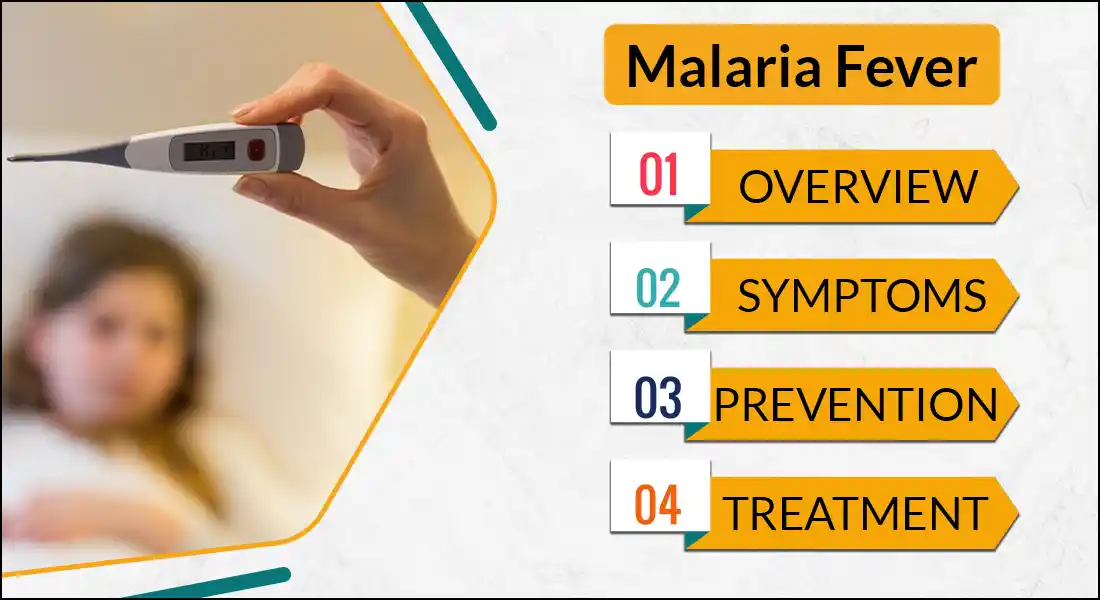
On this page
Malaria fever is one of the most dreaded diseases in the Indian subcontinent that afflicts people who have been bitten by mosquitoes which are infected with tiny parasites. The serious disease is caused by parasites, and not by any virus or bacteria. Malaria needs to be treated quickly because if left untreated, it can lead to several serious conditions such as seizures, trouble in breathing, organ failure, and even death. However, most patients of malaria today get the treatment and recover soon.
Symptoms Of Malaria Fever
Some of the signs and symptoms of malaria fever include fever:-
- Sweating
- Muscle aches
- Headaches
- Fatigue
- Chills that shake the entire body
- Diarrhea
- Chest pain
- Cough
- Vomiting
- Nausea.
When these symptoms of malaria fever are left untreated, they can lead to anaemia and jaundice. There is a very severe form of the disease that can lead to a fever of the brain. It can cause deaths in both children and adults.
An important point to note about the disease is that symptoms not become apparent immediately after the infection. It can take several days and even sometimes more than a week for symptoms to become apparent after the person has been infected. Also, depending on the kind of parasites that have infected the particular person, symptoms can range from mild to severe. In fact, research shows that parasites can live in the body for several years before the symptoms appear!
Malaria symptoms reoccur when the parasites start circulating in the bloodstream after being dormant for a long time.
Prevention of Malaria
Protect yourself and your family in several ways from the dreaded disease. Take prevention and proactive steps so that the disease cannot affect your family. India almost completely eradicated the disease but it came back with a vengeance in the 1970s, taking root in most rural and urban areas.
Preventive Measures For Malaria
- Traveling to a Mosquito-infested Place: If you have plans to travel to a place that is infested with mosquitoes, take preventive measures. Go to your doctor or health care provider and ask for vaccination you can take to protect yourself. Try and stay clear of areas where there are too many mosquitoes.
- Clothing: Wear protective clothing such as ones that cover your arms and legs as much as possible when going out.
- Repellent: Common malaria symptoms can be prevented if you apply mosquito repellants on the exposed parts of your body. This holds especially true for the face, hands, and feet, where mosquitoes find it easy to access human skin. There are few mosquito repellants available that are not harmful to the skin.
- Sleep: Prevention of malaria is also quite easy when you take effective precautions while you sleep. Mosquito nets are ubiquitous in the country and have been holding out strong for decades. They keep the insects and pests away and using them over the bed at night gives you great protection. You must use one if you don’t have a screening on your windows or air-conditioner.
- Cleanliness: Prevention of malaria is easy when you keep your home and surroundings neat and tidy. Throw away things that are no longer in use. This is useful because mosquitoes find it easy to breed in or near things that are not being used much or lie around without being touched. Thrown them out and make sure there is no way these pests find space in your home.
- Get Rid of Stagnant Water: The symptoms of malaria fever persist for a long time. Get rid of any collecting or stagnant water in the surroundings because these are area where mosquitoes breed.
- Listen to Your Doctor: In case you get malarial symptoms or a family member does, go and see the doctor as soon as possible. Don’t take symptoms lightly because, within a few hours or days, these symptoms can worsen, leaving you horrified and in need of immediate hospitalization! If the doctor has asked you to start a medicinal course, do it and make sure to complete the course. Always make sure the fever is kept under control and in case it gets too high, let the doctor know and follow the instructions.
Treatment Of Malaria Fever
Malaria fever treatment will commence only after the doctor has diagnosed the disease. A few steps are involved:
- Give your travel and medical history.
- Undergo a test that will reveal whether you have malarial parasites in your bloodstream.
- Get tested to see if there are any serious complications.
Remember, that there may be more than one test involved to detect malaria and the results may take up to a few days to come. Once diagnosed, your treatment starts. Here are things to know:
Anti-malaria medications are the first line of treatment. The idea is to kill the parasites. Now the type of medication given to you will be dependent on several factors like your age, whether you are pregnant or nursing, and what medical history you have.
After the malaria fever test, the most common medications usually given to patients are ACTs and Chloroquine phosphate.
What Malaria Can Feel Like?
Malaria is one of the most common diseases in India. The duration of malaria fever will be at least 2 weeks. During this period, symptoms can get better for some time and then worsen but if proper treatment is provided, it usually takes around 3 weeks to recover. Most patients of malaria who experience life-threatening symptoms ignore earlier symptoms and does not get the treatment required. That is why it is extremely important to provide a proper treatment action plan as soon as possible.
About City X-Ray & Scan Clinic Pvt. Ltd.: City X-Ray & Scan Clinic Pvt. Ltd. is a well-known diagnostic lab and clinic in Delhi with the availabity of free home collection of samples. They perform accurate tests for malaria fever and more.
DISCLAIMER: THIS WEBSITE DOES NOT PROVIDE MEDICAL ADVICE. The information including text, graphics, images, and other material contained on this website is for informational purposes only. No material on this site is intended to be a substitute for professional medical advice, diagnosis, or treatment. Contact a health expert if you have questions about your health.




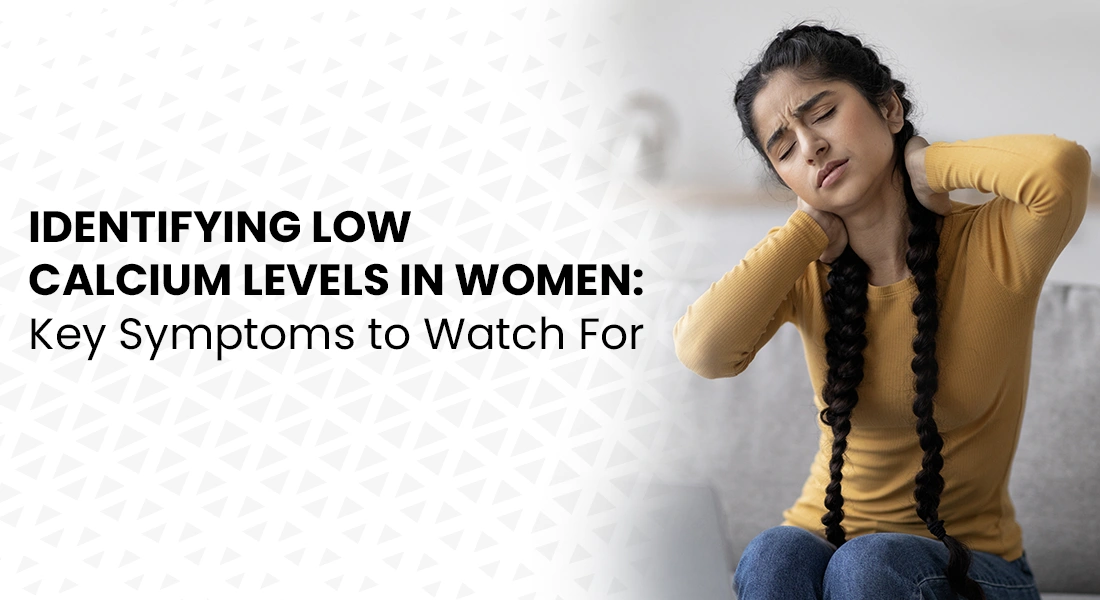

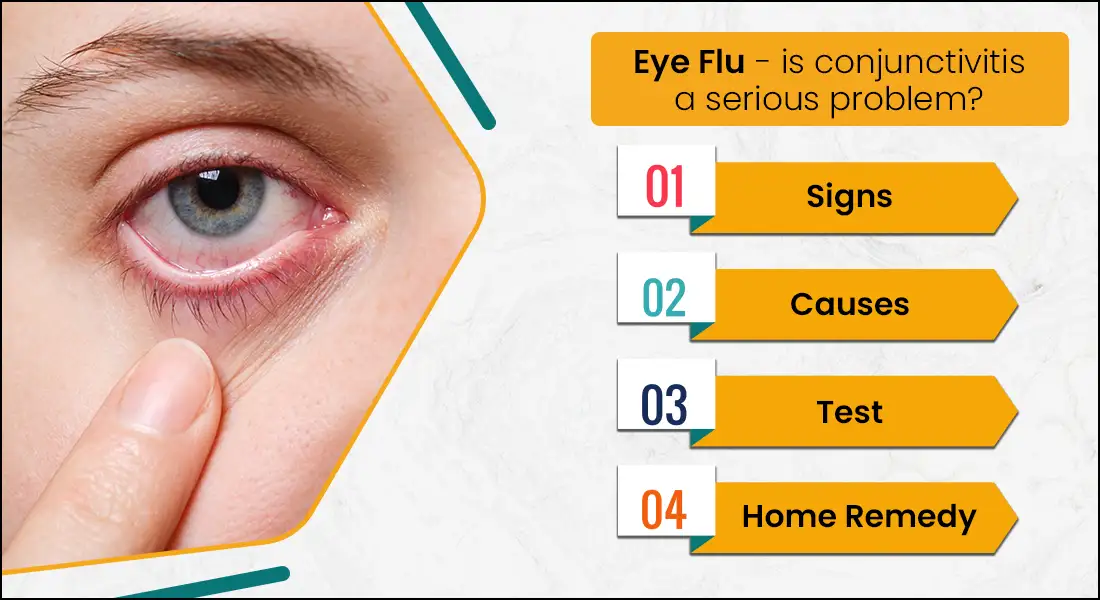
.webp)
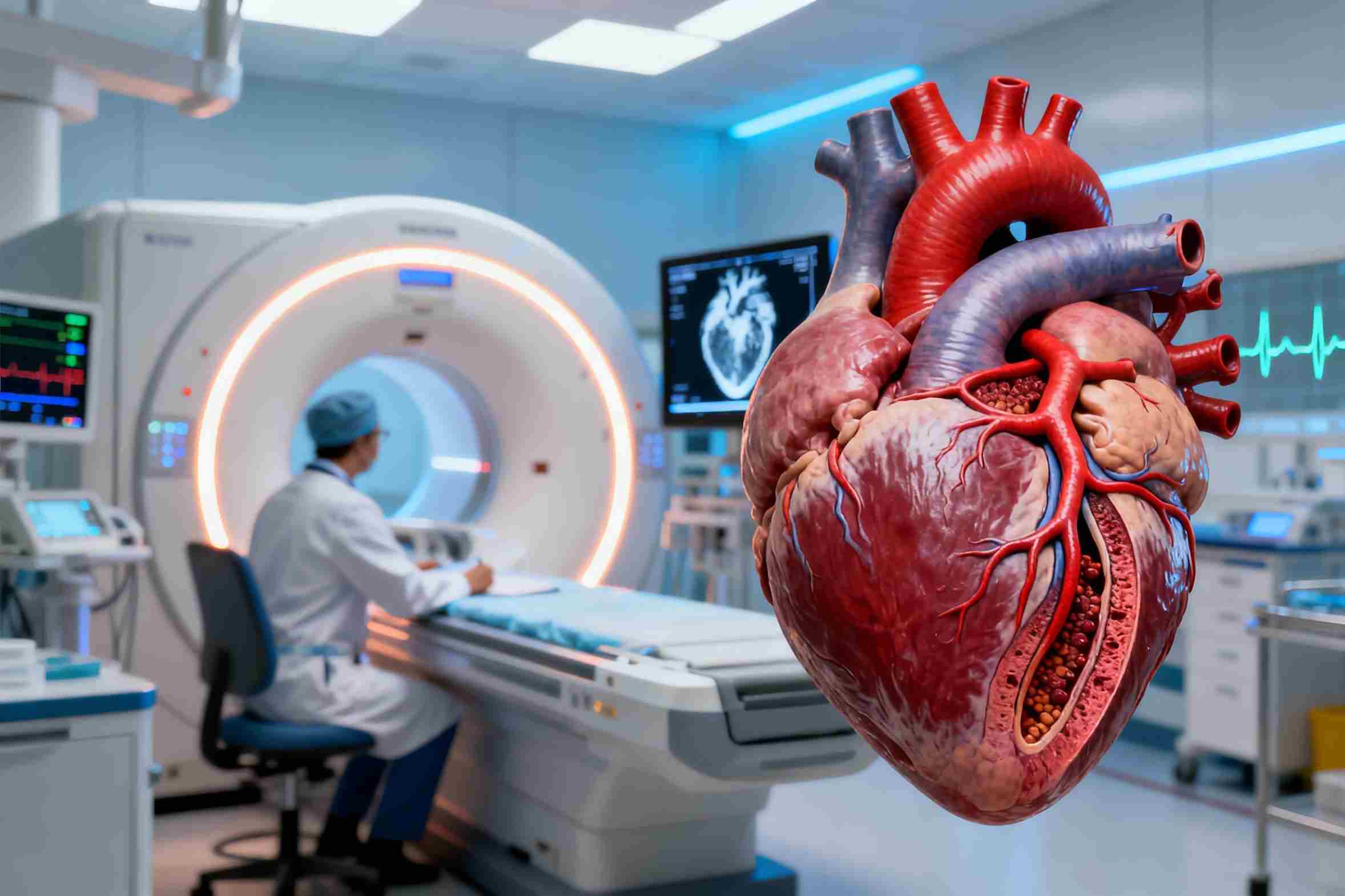
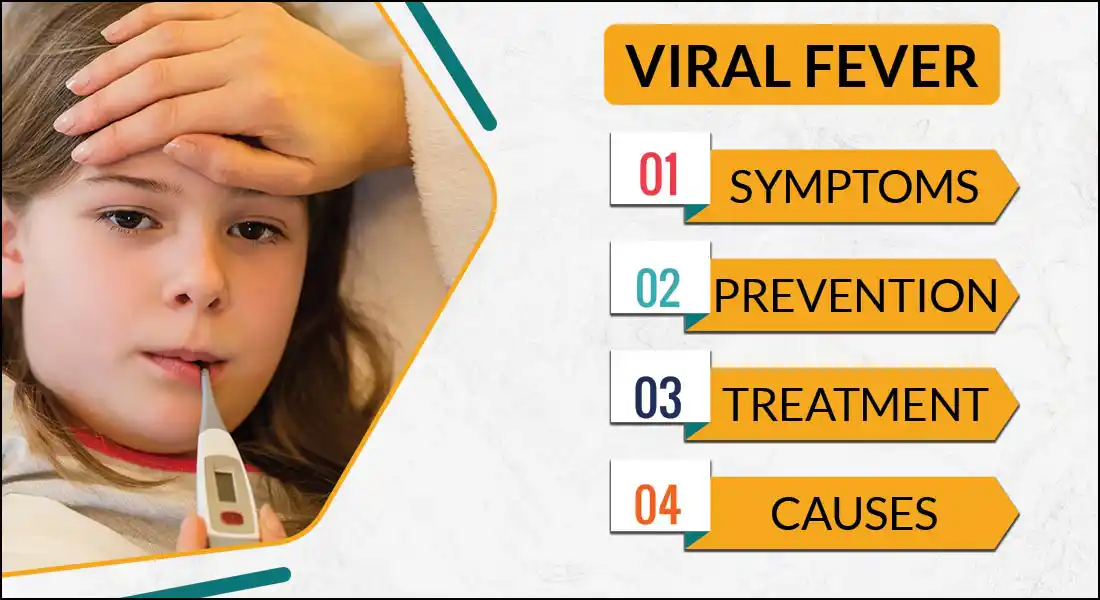
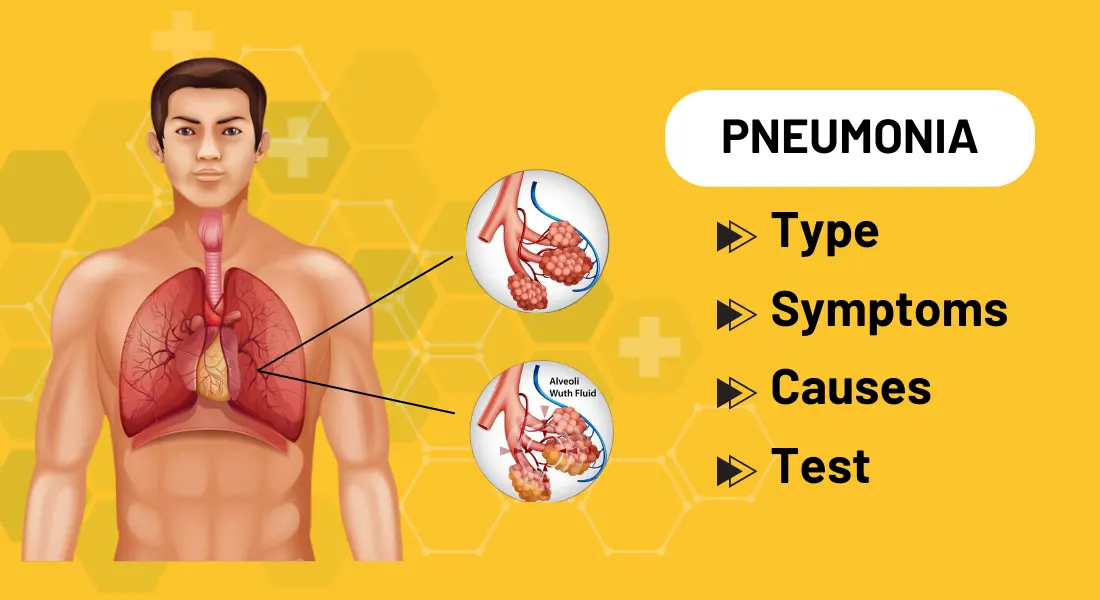
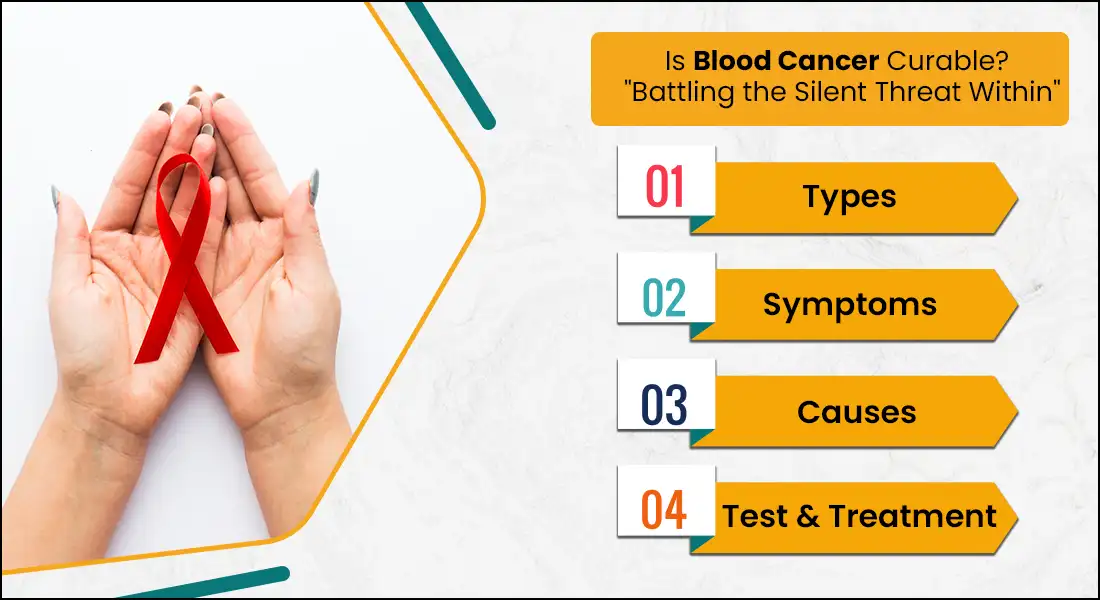
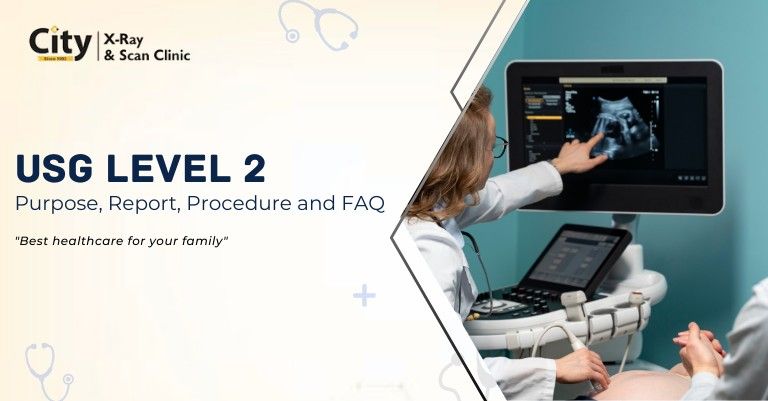
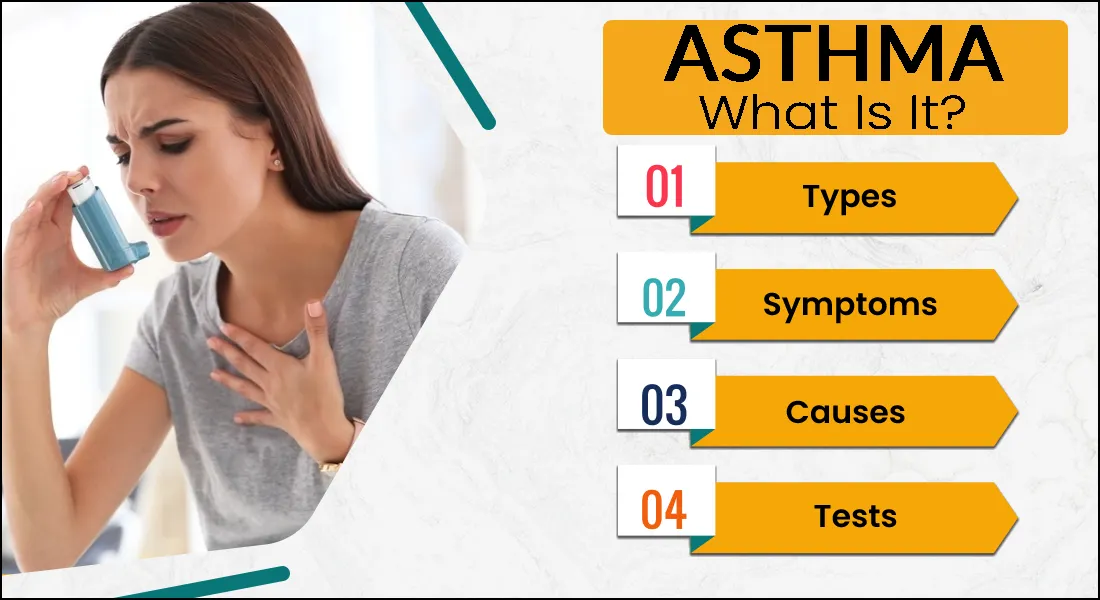

Comments List